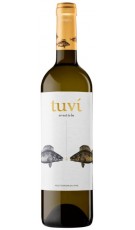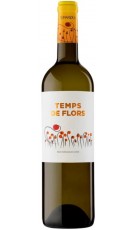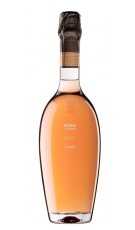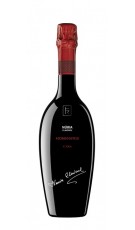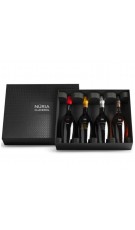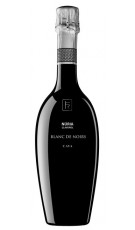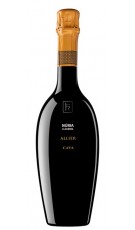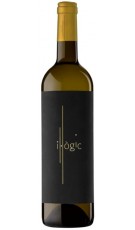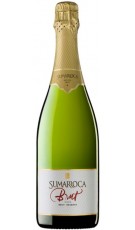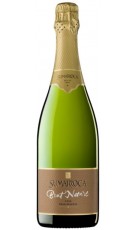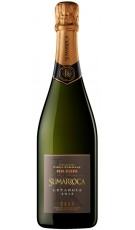
SUMARROCA

In Sumarroca we work to make the philosophy of its creator come true: to improve the quality of production in order to obtain innovative wines and cavas, with character and balance.
-
Sumarroca Tuví Or Not To Be...
White WineSUMARROCAPenedésWhite Wine, 2 months in french oak barrels
-
Sumarroca Temps de Flors 2022
White WineSUMARROCAPenedésSumarroca Temps de Flors, a cupada wine with the personality, structure and elegance of xarelo, combined with the aromatic power of small grain muscat and gewürztraminer, from their own vineyards.
In stock -
Sumarroca Núria Claverol...
Cava Rose Brut ReservaSUMARROCACavaCava Rose Brut Reserva, 20 months in rima
In stock -
Sumarroca Núria Claverol...
Cava Brut Gran ReservaSUMARROCACavaCava Brut Gran Reserva, 45 months in rima
Reduced price!In stock -
Sumarroca Núria Claverol...
Cava Brut Gran ReservaSUMARROCACavaCava Brut Gran Reserva, 36 months in rima
In stock -
Sumarroca Núria Claverol...
Cava Brut Gran ReservaSUMARROCACavaCava Brut Gran Reserva, 36 months in rima
In stock -
Sumarroca Brut Reserva
Cava Brut ReservaSUMARROCACavaCava Brut Reserva, 20 months in rima
Reduced price!In stock -
Sumarroca Brut Nature Gran...
Cava Brut Nature Gran ReservaSUMARROCACavaCava Brut Nature Gran Reserva, 36 months in rima
In stock -
LETARGIA GRAN RESERVA BRUT...
Cava Brut Nature Gran ReservaSUMARROCACavaCava Brut Nature Gran Reserva, 30 months in rima
Sumarroca
A great team of professionals behind an innovative family, that has united the passion for the land and the tenacity to cultivate it, the tradition and the innovative will, the feeling and the reason.
In Sumarroca we work to make the philosophy of its creator come true: to improve the quality of production in order to obtain innovative wines and cavas, with character and balance.
The origins of the winery's vocation are located in the town of Llimiana, in Pallars Jussà. This is where several generations of the Sumarroca family dedicated themselves to the cultivation of the vineyard and now continue to do so in the Penedés region.
At the beginning of the 80s, this family winery moved to Penedes, where it acquired the farms of Molí Coloma, of 36 ha, in Subirats, and Heretat Sabartés, with 25 ha, in Banyeres del Penedès.
The production facilities are located in 1983, in Mas Molí Coloma, where they immediately begin to produce cava and white wines.
In 1999, the old property of the Marquis of Monistrol was bought, which is now called Finca Sumarroca. It has 403.8 ha and is the most extensive farm in the entire Penedés region.
Vineyard
Sumarroca has 464.8 ha, which provide the wineries with 100% of the grapes they need for the production of wines and cavas. In this way, the wineries manage to control the entire production chain, from growing and harvesting to fermentation, cupada, filtering and bottling. In each stage, the most appropriate criteria for continuous quality improvement are applied.

(+34) 91 129 11 11
(+34) 638 458 218
- Brandy
- Cognac
- Gin Premium
- Ron
- Whisky
- Denomination of Origin
- Winery



















